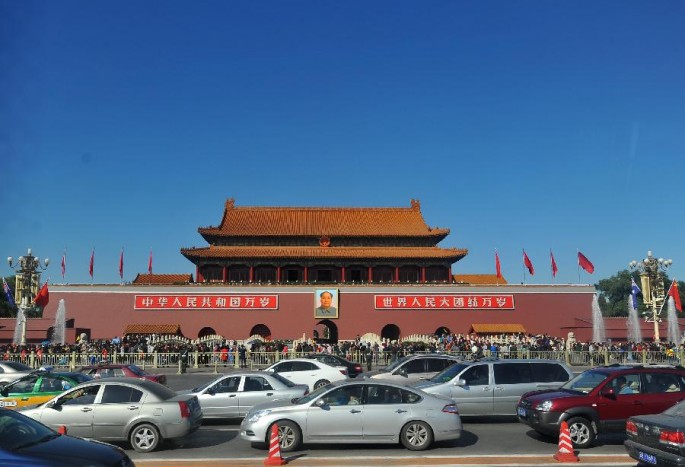Companies in Beijing are taking initiatives to cut down on air pollution and improve the city's air quality during the APEC summit.
Beijing Foton Auv Co. based in Beijing's Fengtai disctrict suspended the operation of its spray painters as an effort against air pollution, according to Wu Haishan, the car company's deputy party chief.
Zhang Huizhao from the Bureau of Environmental Supervision, under the Ministry of Environmental Protection, said that other firms from Beijing's limited production group have also temporarily halted production.
The city capital already implemented anti-pollution regulations such as the odd-even license plate scheme which limits the number of cars allowed to be driven in a certain day depending on their plate numbers. Companies with heavy productions have also been suspended.
Officials conduct routine inspections for guaranteed compliance.
The Chinese government has enacted emergency restrictions on controlling the emission of air pollutants from factories and vehicles.
Authorities have also been monitoring dust emission from construction locations in Beijing, Hebei, Shanxi, Shandong, Tianjin and provinces from Henan along with the autonomous region of Inner Mongolia.
According to official reports from these locations, the collaborative efforts being done will reduce air pollutant emission by at least 30 percent.
The air quality in Beijing is improving, based on the air quality index standing under 50, which is the "good" zone in the index.
The national weather authority said that the weather during the weekend will be stable and windless, which halts air pollutants from scattering throughout the city.
Other cities have also imposed emergency restrictions to aid the improvement of Beijing's air quality for the APEC summit.
The ministry already sent out 16 teams to the six nearby provinces and municipalities to further control the emissions.
Unluckily, the teams found out that 33 out of the 317 companies did not stop production, and 31 of the companies still continued emission of air pollutants. Additionally, 55 of the 103 construction sites were found to be operational and others left dirt mounds exposed.
The ministry said that regular inspections will be continued.



























